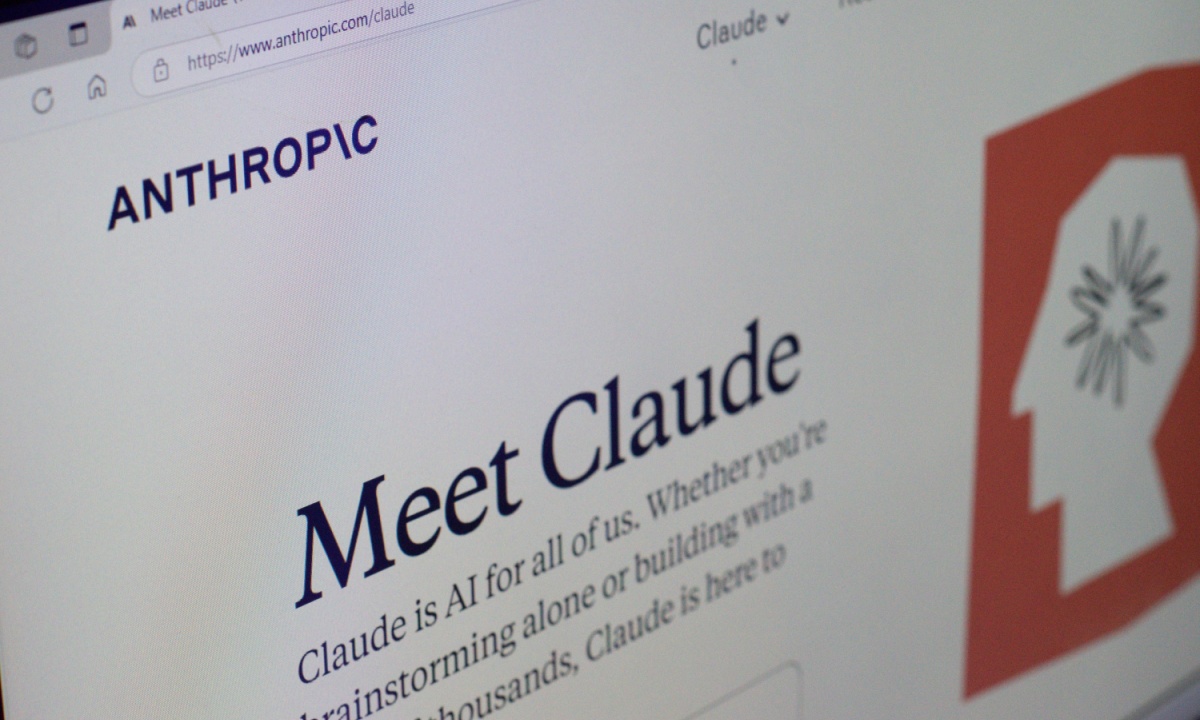Talking Tech: Claude Gets a Voice as Anthropic Pushes AI Boundaries

Anthropic Poised to Revolutionize AI Interaction with Claude's Upcoming Voice Mode
In a groundbreaking development, Anthropic is preparing to enhance its artificial intelligence assistant, Claude, with advanced voice capabilities. The highly anticipated "voice mode" is expected to launch soon, promising to transform how users interact with AI technology.
This innovative feature will enable users to engage with Claude through natural, conversational voice interactions, marking a significant leap forward in AI communication. By integrating sophisticated voice recognition and response generation, Anthropic aims to create a more intuitive and seamless user experience.
While specific details about the voice mode's full functionality remain under wraps, industry experts speculate that it could provide more dynamic and context-aware conversations compared to existing voice AI technologies. The potential release represents another milestone in Anthropic's commitment to developing cutting-edge, user-friendly AI solutions.
As the tech world eagerly awaits further announcements, this development signals an exciting new chapter in artificial intelligence interaction and accessibility.
